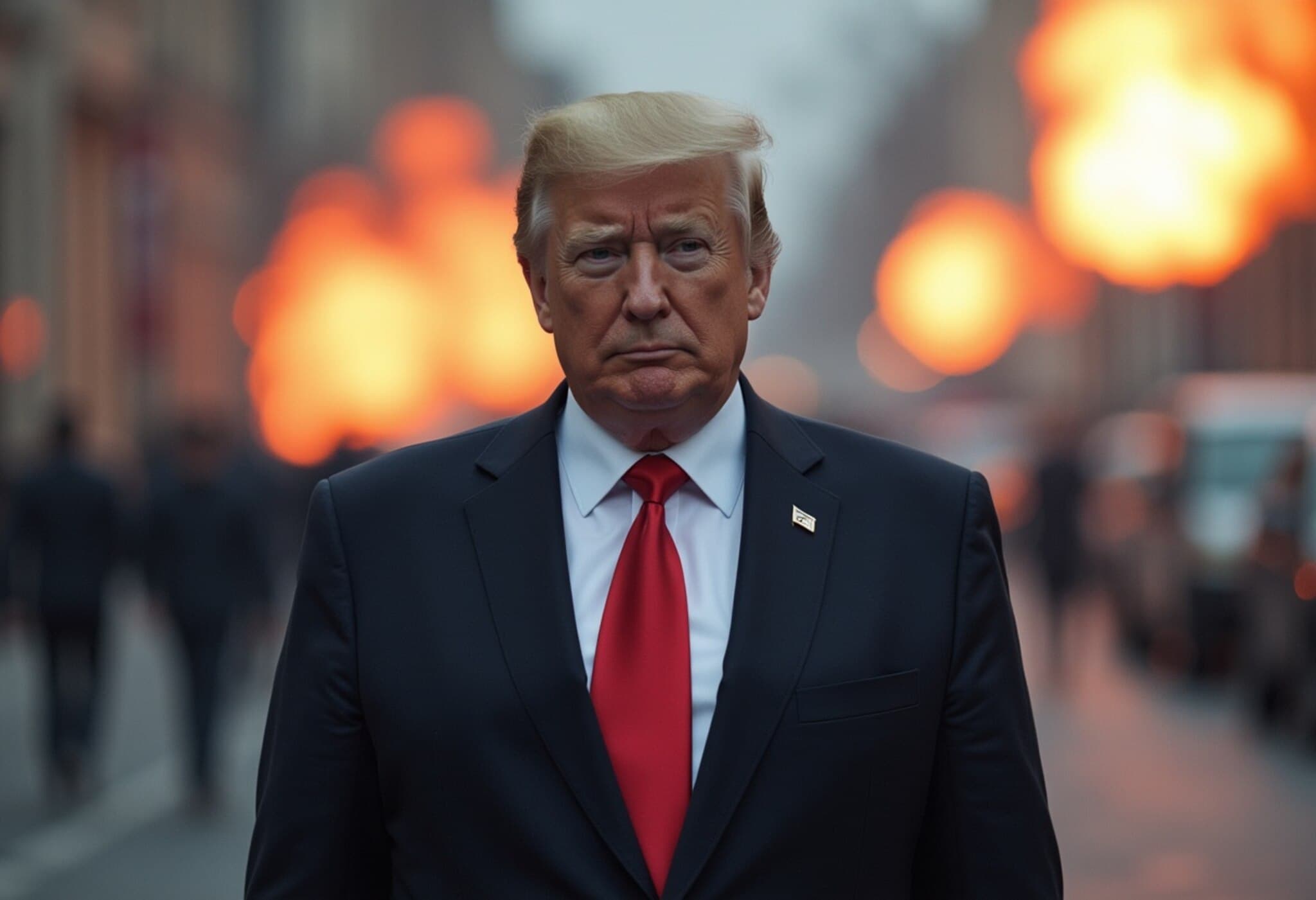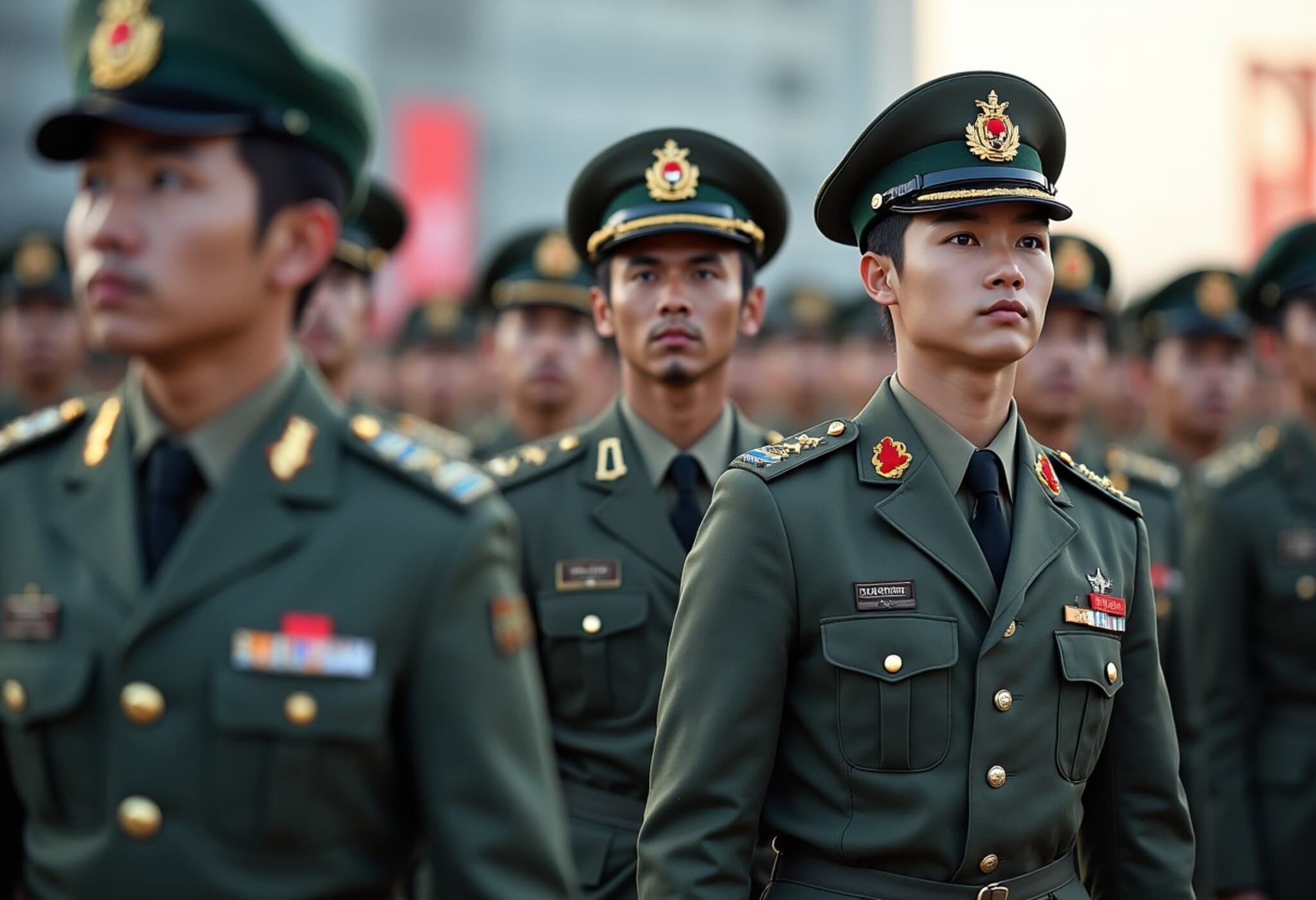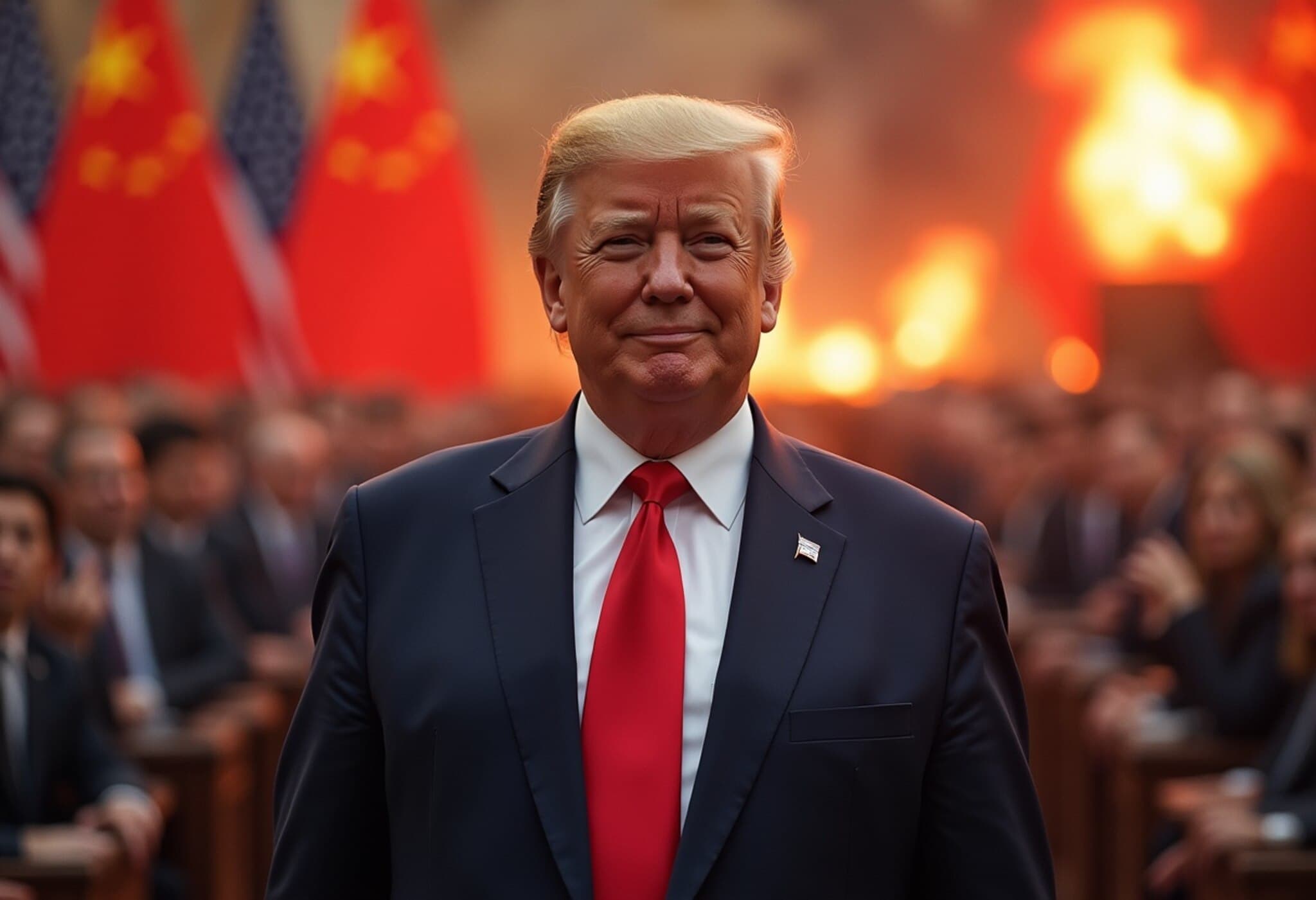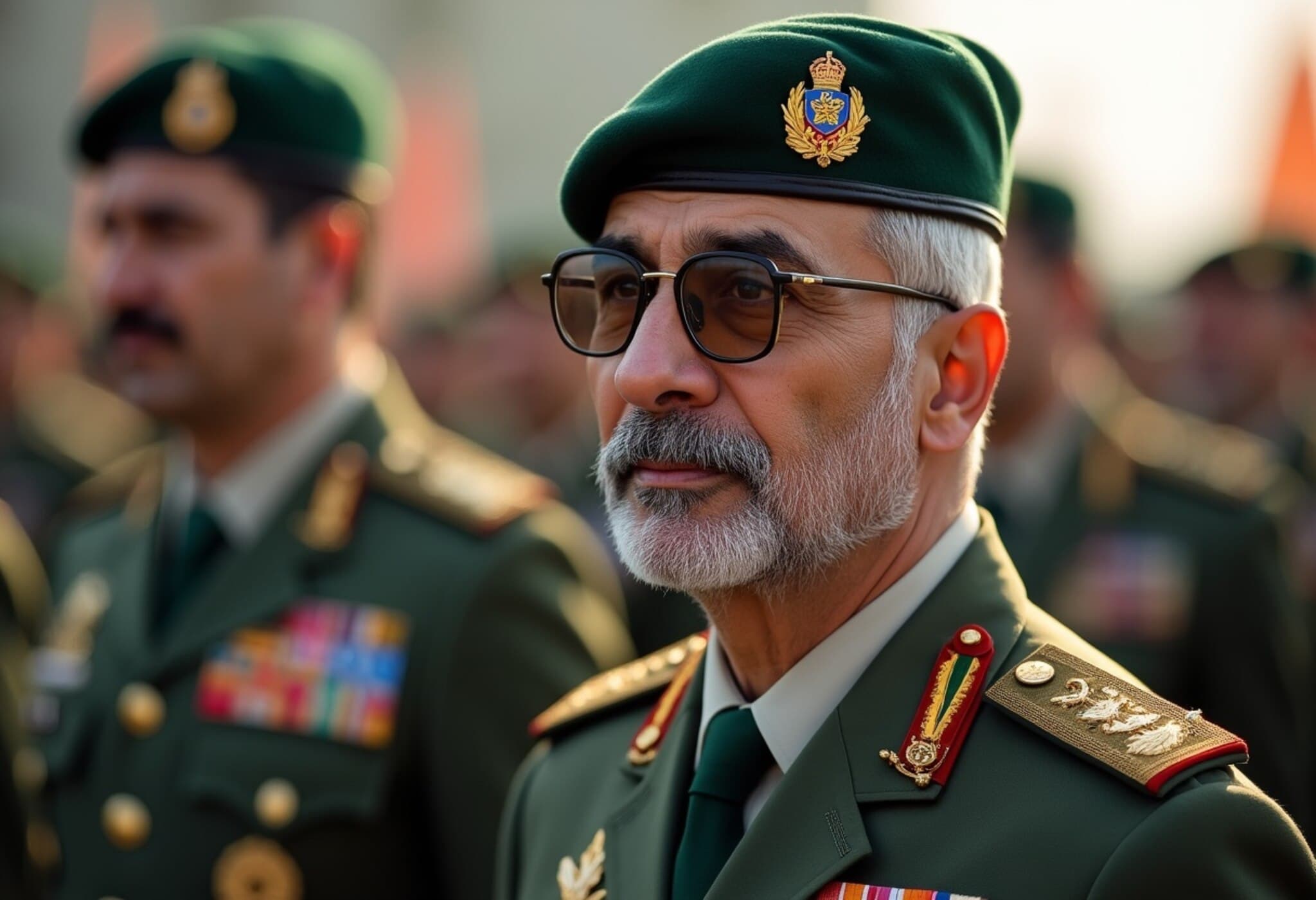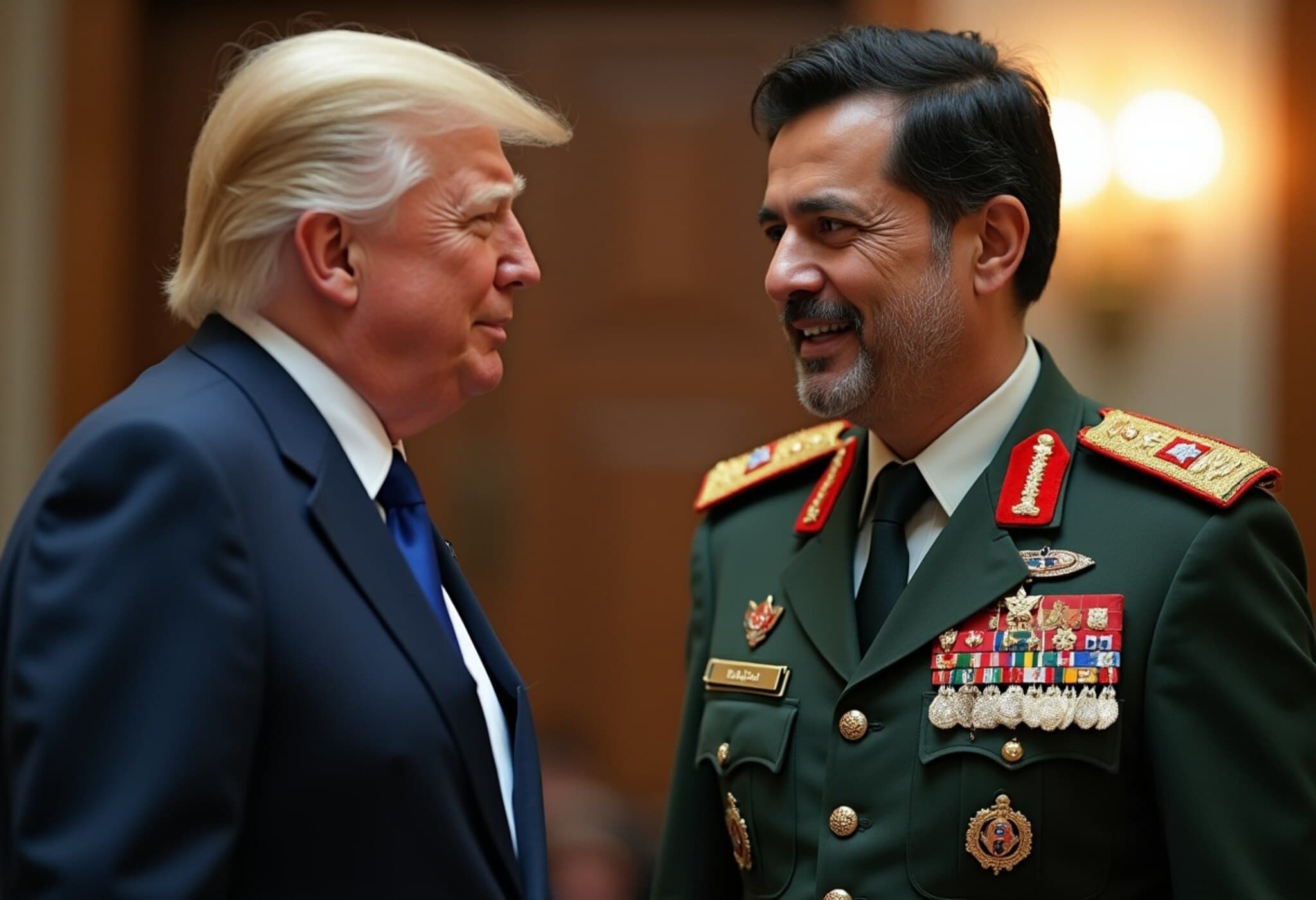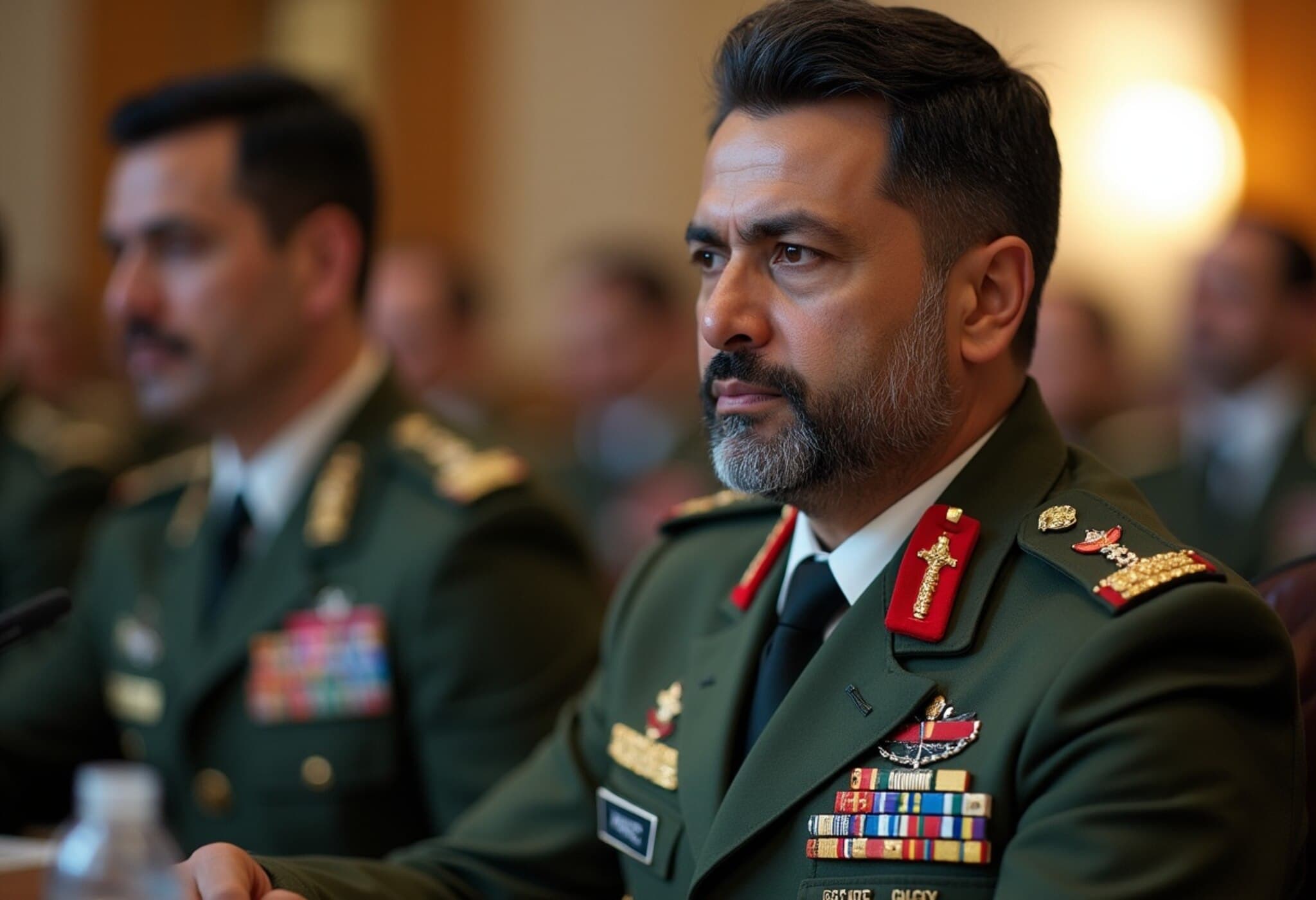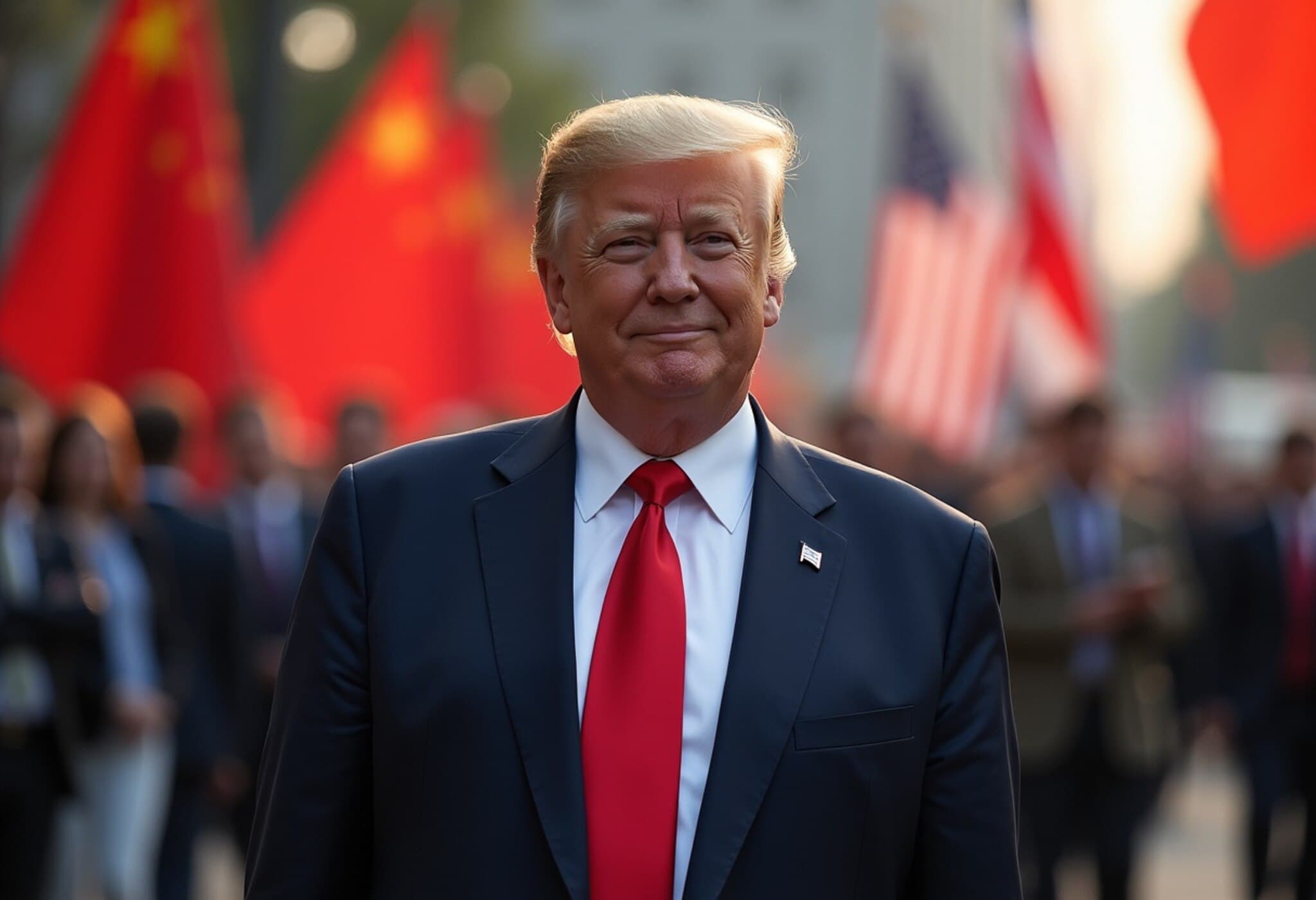Former Pentagon Official Draws Stark Comparison: Asim Munir 'Osama Bin Laden in a Suit'
In a candid and controversial statement, Michael Rubin, a former Pentagon official and policy analyst, sharply criticized Pakistan’s Army Chief, General Syed Asim Munir. Rubin likened Munir to ‘Osama Bin Laden in a suit’, underscoring profound concerns about the Pakistani military leadership amid mounting nuclear threats and geopolitical instability.
Munir’s recent comments, made during a public forum in Tampa, Florida, have sent shockwaves across international security circles. He stated unequivocally, “We are a nuclear nation. If we think we are going down, we’ll take half the world down with us.” Such a brazen declaration intensifies fears surrounding Pakistan’s nuclear doctrine and raises serious questions about regional and global security.
Reassessing US-Pakistan Relations: A Call for Tougher Policies
Rubin’s reaction was immediate and unequivocal. He argued that Pakistan’s nuclear threats represent a fundamental loss of legitimacy for the state and urged the United States government to reconsider its diplomatic and military stance toward Islamabad.
Key recommendations from Rubin include:
- Rejecting Pakistan’s status as a non-NATO ally.
- Labeling Pakistan as a state sponsor of terrorism to reflect its alleged support for militant groups.
- Removing Pakistan from the US Central Command’s allied list.
- Declaring General Asim Munir persona non grata in the United States until he provides clarifications and signs of contrition.
Rubin’s perspective reveals a growing impatience within certain US policy circles toward Pakistan’s military leadership, which some analysts contend has consistently complicated American strategic interests in South Asia.
Trump’s Unexpected Embrace: The Oval Office Meeting Raises Eyebrows
Adding another layer to this complex narrative is former US President Donald Trump’s recent engagement with General Munir. Trump’s unprecedented decision to meet the Pakistani Army Chief in the Oval Office—an honor typically reserved for heads of state—signaled a surprisingly warm diplomatic overture, contrasting starkly with Rubin’s harsh outlook.
For decades, Pakistan’s military leaders like Zia-ul-Haq, Ayub Khan, and Pervez Musharraf have wielded outsized influence, often overshadowing civilian governments and shaping Pakistan’s trajectory. Munir, who rapidly ascended the ranks and gained the newly instituted rank of Field Marshal, is now viewed by some as a potential de facto ruler. This perception adds urgency to the international community’s evaluation of Pakistan’s internal power dynamics and foreign policy direction.
Inside Pakistan: Political Turmoil and Military Assertiveness
Rumors persist about General Munir’s growing influence and possible moves to undermine or oust the civilian leadership of President Asif Ali Zardari. The Pakistani military’s tightening grip deepens concerns over democratic stability in the country, particularly given nuclear tensions and ongoing regional conflicts.
For the United States and allied nations, balancing cooperation with Pakistan against the risks posed by its military’s aggressive posture remains a challenging tightrope.
Expert Insight: Navigating a Fragile Relationship
As an expert in South Asian security affairs, it’s clear that Pakistan’s nuclear threats, combined with its enduring militant ties, demand a nuanced but firm US policy recalibration. While engagement cannot be summarily abandoned due to Pakistan’s geostrategic significance—bordering India, China, and Afghanistan—the US must simultaneously apply pressure to curb destabilizing behaviors.
This predicament illustrates a classic dilemma in international diplomacy: how to maintain strategic partnerships with states whose internal governance and ideologies may run counter to global norms of peace and stability.
Looking Ahead: What Should the US Do?
- Reevaluate Pakistan’s military and diplomatic status in light of recent threatening rhetoric and actions.
- Increase diplomatic pressure on Pakistan to clarify its nuclear doctrine and commit to nonproliferation.
- Support democratic institutions within Pakistan to counterbalance military dominance.
- Enhance regional security cooperation with India and Afghanistan to mitigate conflict risks.
Editor’s Note
The sharp rhetoric from Michael Rubin and the contrasting US engagement with General Munir illuminate the complex, often contradictory nature of international relations. Pakistan remains a nuclear-armed country with immense strategic importance yet fraught with governance challenges and militant-linked instability.
This evolving saga raises pressing questions: Can the US effectively disentangle its security interests from Pakistan’s internal power struggles? Will diplomatic overtures to military leaders like Munir yield stability or further embolden aggressive postures? As the global community watches closely, balancing caution with strategic necessity remains the paramount challenge.



